Revolutionizing Waste Recycling: Innovative Technologies Shaping a Sustainable Future
In the quest for a sustainable future, innovative technologies in waste recycling are becoming pivotal in reshaping our environmental landscape. According to the Global Waste Management Outlook, it is estimated that the world generates over 2 billion tons of solid waste annually, with at least one-third not managed in an environmentally safe manner. This alarming statistic underscores the necessity for advancements in waste recycling methodologies. Emerging technologies, such as artificial intelligence and blockchain, are revolutionizing how we process and manage waste, making recycling more efficient and transparent. Reports by the Ellen MacArthur Foundation emphasize that transitioning to a circular economy, where waste recycling plays a central role, could unlock annual economic benefits of up to $1 trillion by 2025. The integration of digital solutions is not merely an option but a crucial step towards maximizing resource recovery and minimizing landfill waste, thus positioning waste recycling at the forefront of sustainable development strategies worldwide.

Understanding the Current Landscape of Waste Recycling Technologies
The current landscape of waste recycling technologies is evolving rapidly, driven by innovative solutions aimed at enhancing sustainability. According to a report by the Global Recycling Foundation, the global recycling market is expected to reach $500 billion by 2027, underlining the critical role of advanced technologies in this sector. Innovations such as AI-driven sorting systems and automated waste management platforms are streamlining processes, increasing efficiency, and improving the quality of recyclable materials, ultimately contributing to the circular economy.
Moreover, emerging technologies like bio-recycling and chemical recycling are redefining conventional recycling practices. Bio-recycling utilizes microorganisms to break down waste, transforming it into valuable resources without the need for harsh chemicals. The International Resource Panel reports that implementing chemical recycling can boost plastic recycling rates to over 90%, compared to the current average of only 9% globally. These advancements not only help reduce landfill waste but also significantly lower greenhouse gas emissions, paving the way for a sustainable future in waste management.
Exploring Cutting-Edge Innovations in Waste Sorting and Processing
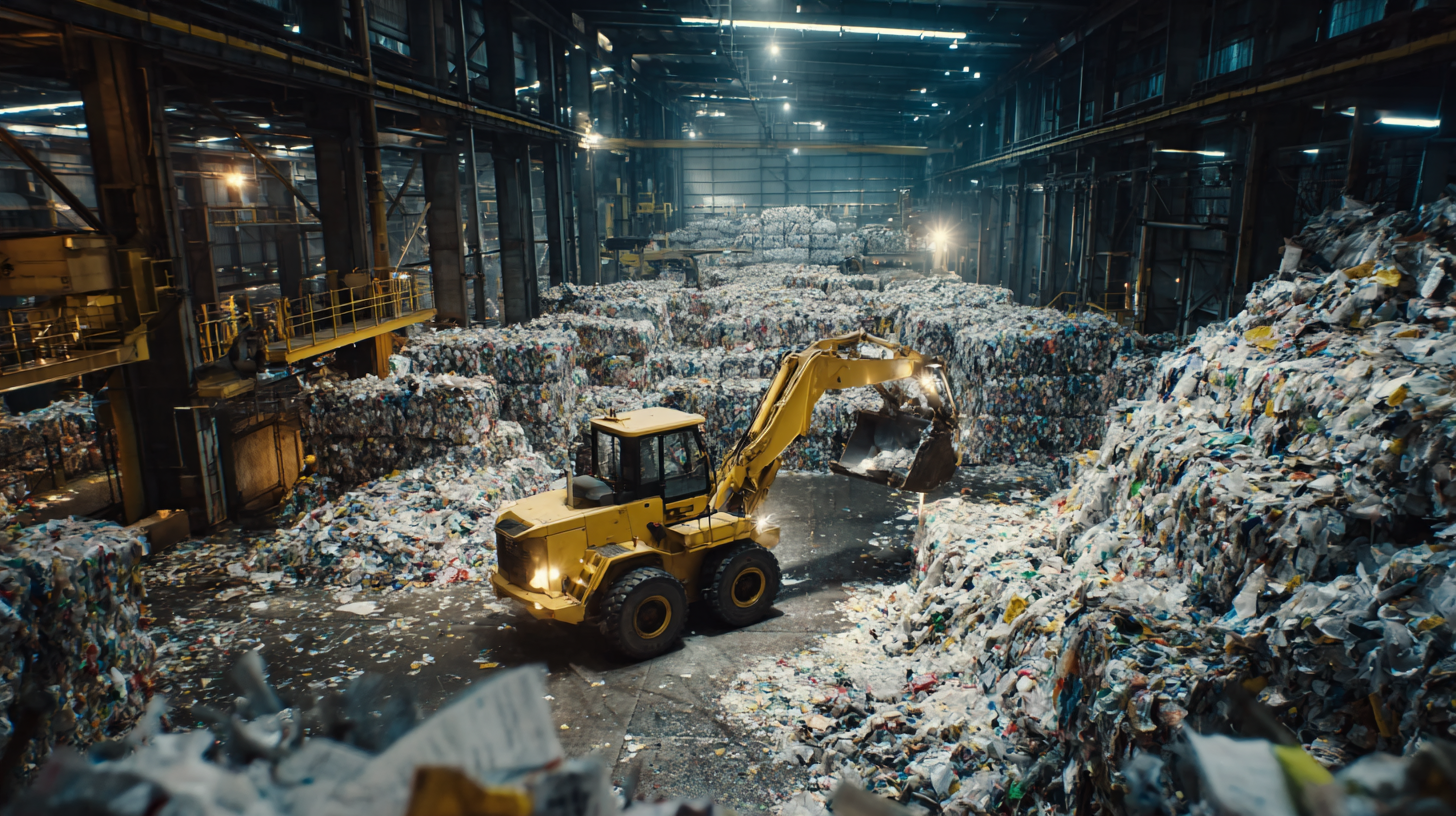 Recent advancements in waste sorting and processing technologies have revolutionized the recycling landscape, significantly enhancing our ability to manage and repurpose materials. One of the most promising innovations in this field is the implementation of artificial intelligence (AI) and machine learning systems. These technologies enable sorting machines to accurately identify and separate a vast array of materials—such as plastics, metals, and organic waste—based on their composition and properties. By automating the sorting process, facilities can increase their efficiency and reduce human error, leading to higher recycling rates and less contamination in recycled materials.
Recent advancements in waste sorting and processing technologies have revolutionized the recycling landscape, significantly enhancing our ability to manage and repurpose materials. One of the most promising innovations in this field is the implementation of artificial intelligence (AI) and machine learning systems. These technologies enable sorting machines to accurately identify and separate a vast array of materials—such as plastics, metals, and organic waste—based on their composition and properties. By automating the sorting process, facilities can increase their efficiency and reduce human error, leading to higher recycling rates and less contamination in recycled materials.
In addition to AI-driven solutions, developing advanced sensor technologies plays a crucial role in modern waste processing. Optical sorting systems equipped with sophisticated sensors can detect and classify materials at high speeds, allowing for a more streamlined approach to recycling. Furthermore, innovations in robotic technology are transforming waste handling operations, as robots equipped with precision mechanisms can efficiently pick and sort materials, minimizing the volume sent to landfills. Collectively, these cutting-edge advancements not only improve operational efficiency but also contribute to a more sustainable future by promoting effective waste reuse and minimizing environmental impact.
Implementing AI and Machine Learning for Enhanced Recycling Efficiencies
In the quest for sustainable waste management, the integration of AI and machine learning technologies is revolutionizing recycling processes. According to a recent report by McKinsey, implementing AI in recycling systems can increase sorting efficiency by up to 30%, significantly reducing contamination rates and improving material recovery. By employing advanced algorithms, recycling facilities can now automate the sorting of recyclables, making the entire process faster and more accurate.
One innovative approach is the use of machine vision systems that can identify different types of materials in real-time. This not only speeds up sorting but also enables a deeper analysis of waste streams, allowing companies to tailor their recycling strategies based on the specific types of materials they're processing. For example, research from the Ellen MacArthur Foundation suggests that enhancing recovery rates through AI could lead to a potential economic benefit of up to $1 trillion by 2030.
Tips: To maximize recycling efforts at home, consider sorting your recyclables meticulously and keeping contamination to a minimum. This allows local facilities to process materials more efficiently. Additionally, educate yourself on the types of materials accepted by your local recycling program; this knowledge can significantly bolster recycling rates and support sustainable practices.
The Role of Biotechnology in Transforming Waste into Resources
Biotechnology is playing a pivotal role in revolutionizing waste recycling, transforming what was once considered waste into valuable resources. Leveraging biological processes, innovative biotechnological methods are employed to break down various types of organic waste. For instance, microorganisms and enzymes are utilized to decompose food scraps and agricultural residues, converting them into biofuels, fertilizers, and other sustainable materials. This not only mitigates landfill overflow but also recycles nutrients back into the soil, promoting a circular economy.
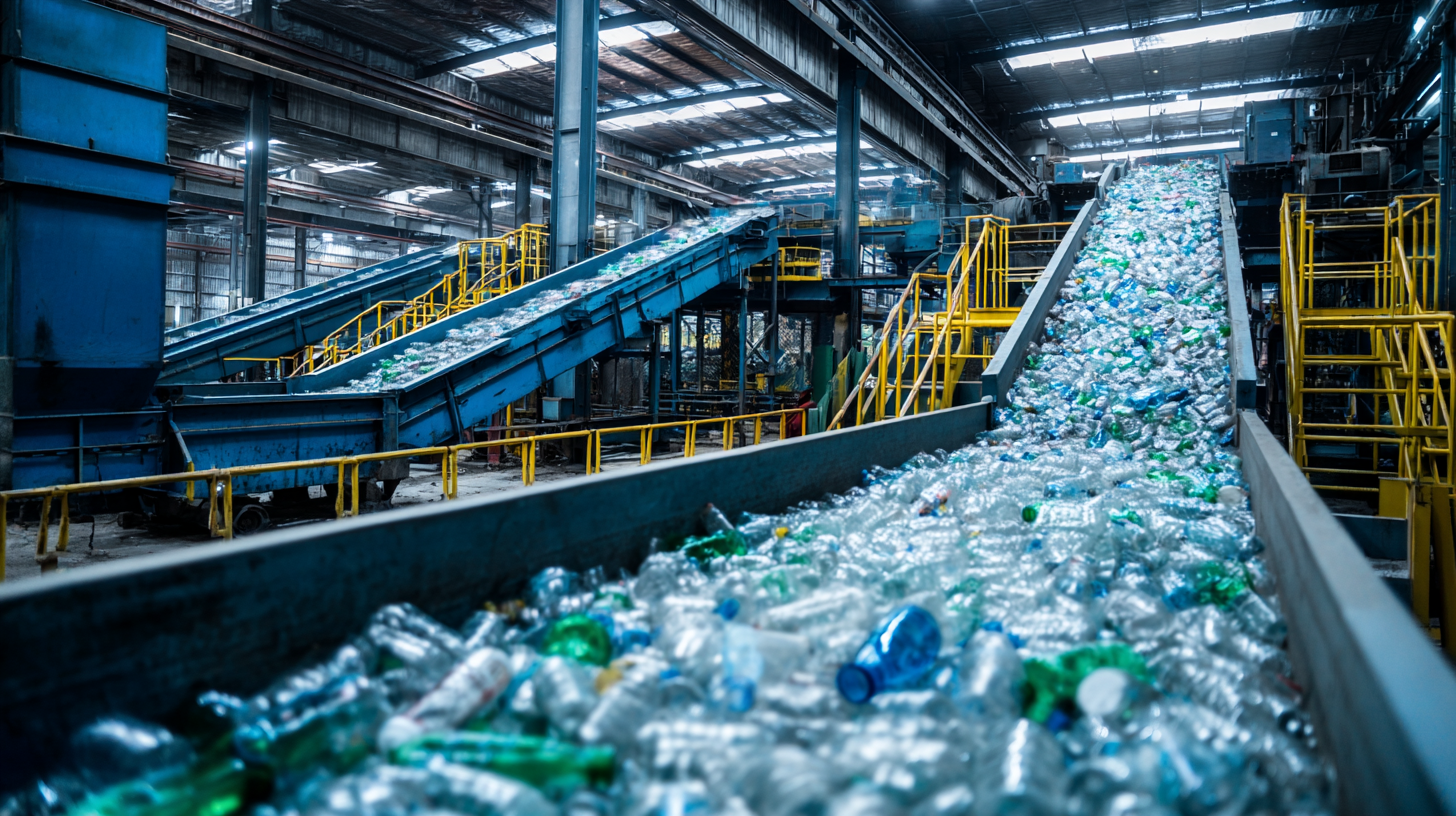
Moreover, advancements in genetic engineering and synthetic biology have enabled the development of new strains of microbes specifically designed to digest more complex waste materials, such as plastics and industrial byproducts. These engineered organisms can efficiently process waste streams, reducing the environmental impact and facilitating the recovery of valuable chemicals and materials. By harnessing the power of biotechnology, we are not only addressing the pressing issue of waste management but also paving the way for innovative solutions that contribute to a sustainable future.
Future Trends: Integrating Smart Technologies for Sustainable Recycling Solutions
The integration of smart technologies into waste recycling systems is transforming how we approach sustainability. Advanced technologies such as artificial intelligence, Internet of Things (IoT), and blockchain are now playing crucial roles in optimizing recycling processes. AI-driven sorting systems enable precise identification and separation of recyclable materials, which enhances efficiency and reduces contamination. This not only streamlines operations but also maximizes the potential for recovered materials to be reused in manufacturing.
Moreover, IoT devices facilitate real-time monitoring of waste disposal and recycling rates, providing municipalities with valuable data to improve their programs. By using sensors and connected devices, cities can analyze patterns in waste generation and adjust collection schedules accordingly. This response can significantly reduce operational costs and environmental impact. Additionally, blockchain technology ensures transparency and accountability in recycling chains, allowing consumers to trace the lifecycle of their recyclable materials. By embracing these smart innovations, communities can pave the way for a more efficient and sustainable recycling future.
Related Posts
-
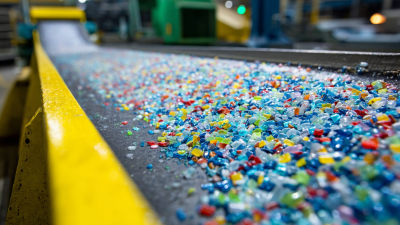
How to Transform Recycled Plastic Materials into Innovative Eco Friendly Products
-

Exploring Market Trends in Recycled Plastic Furniture at the 138th Canton Fair 2025
-
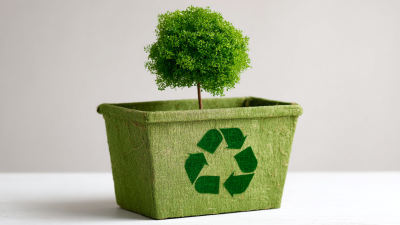
5 Incredible Tips to Effectively Recycle from Home for a Greener Planet
-
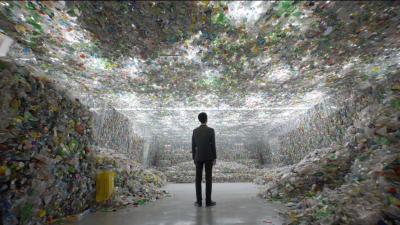
Exploring the Future of Recycled Materials at the 138th Canton Fair 2025
-
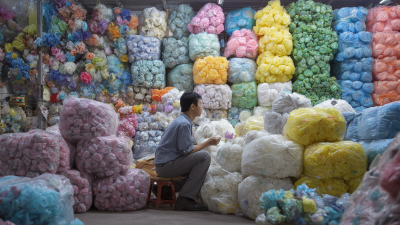
Driving Sustainability: The Role of Recycled Plastic Materials in China's 138th Import and Export Fair 2025
-

How to Transform Recycled Plastic Bottles into Sustainable Home Decor
